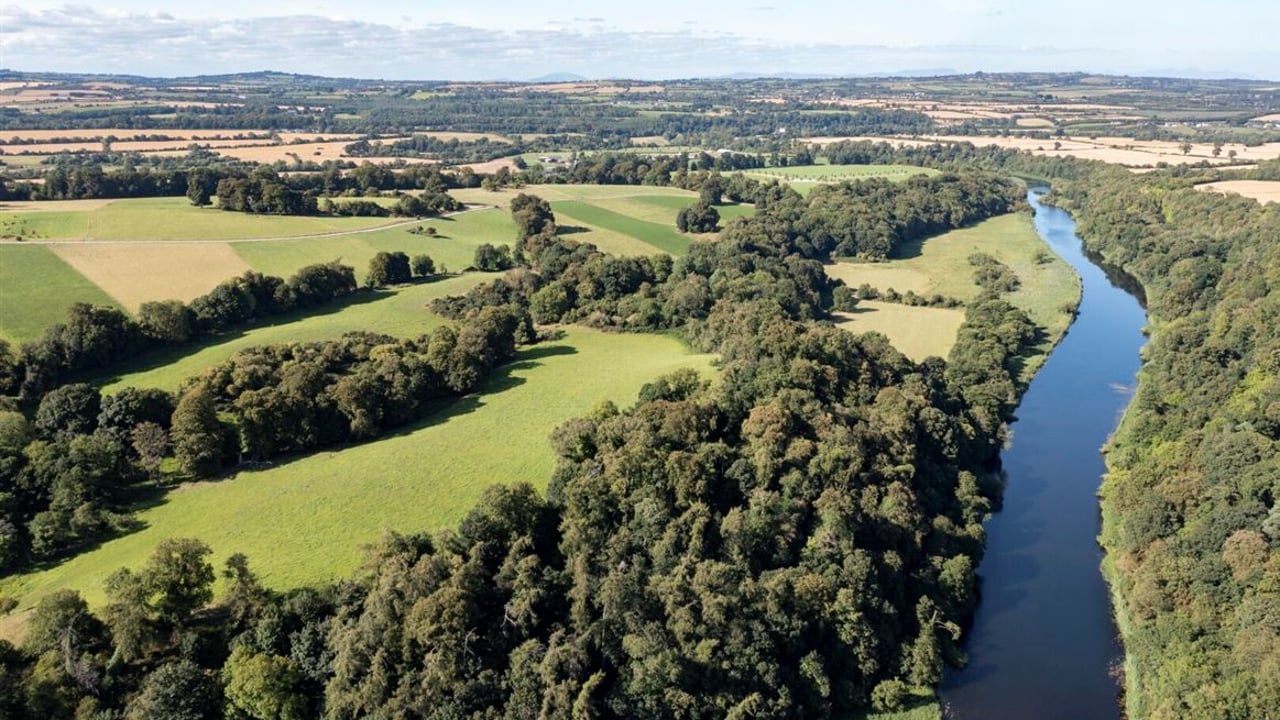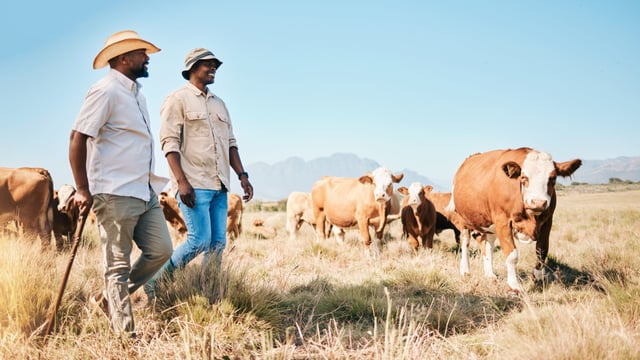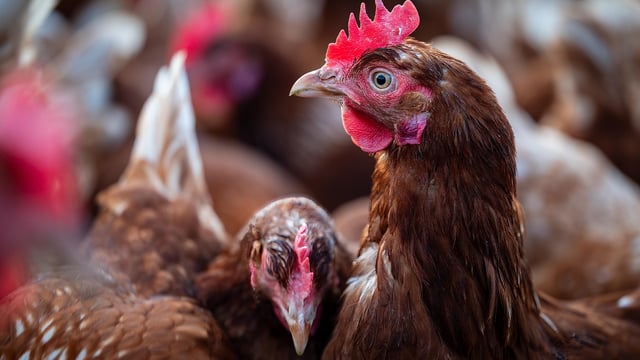Tenders sought for Brú na Bóinne National Park biodiversity study
The National Parks and Wildlife Service (NPWS) is currently seeking tenders for a master’s study of biodiversity at the Brú na Bóinne National Park in Co. Meath.
In 2023, the State purchased the Devenish Lands at Dowth for around €11 million and designated it as a new national park, known as the Boyne Valley (Brú na Bóinne) National Park (BNBNP).
The 223ha estate was an internationally recognised research farm, set within the Brú na Bóinne UNESCO World Heritage Site.
It features Neolithic monuments built over a period of 4,000-6,000 years ago by Ireland’s first farming communities.
The historic country houses, Dowth Hall and Netterville Manor, are also part of the estate.
The Dowth lands cover around one third of the total area of the UNESCO World Heritage site of Brú na Bóinne, which includes the Neolithic passage tombs of Newgrange, Knowth, and Dowth.
The NPWS said that the lands are important places for nature and host a wide range of habitats, including grasslands, woodlands, and hedgerows.
The Boyne River which runs through the lands is designated as a Special Area of Conservation (SAC) under the Habitats Directive, and as a Special Protection Area (SPA) under the Birds Directive.
The river is home to dozens of bird and animal species, including endangered species.
The NPWS said that it will maintain the "careful management of the farmlands, habitats and species to date and will work to protect and improve it even further".
It added that the lands at Dowth provide "ample opportunity for applied research in the agri-ecology space", which was "a central pillar of previous management by Devenish.
"While each national park has its own uniqueness and accent, BNBNP stands apart in terms of its relevance to grassland and tillage farmers nationally.
"BNBNP can be used as a platform to explore and demonstrate how nature can be supported and enhanced in a developed agricultural setting and landscape, to ensure maximum outcomes for biodiversity," the tender documents said.
The research masters, anticipated to be of 24 months’ duration, will consist of building on existing datasets and evaluating existing habitats.
The selected student will work closely with NPWS management and scientists to build on baseline datasets on various indicator species/groups influenced by agricultural management.
These include birds, moths, and butterflies, bees, mammals and plants.
Based on a review of previous work, existing and emerging technologies, the student will develop and establish long-term monitoring protocols for biodiversity in the national park.
The student will also provide recommendations that can be considered as part of the NPWS future plan for management of the park.
The project will involve deskwork and field survey work during 2025 and 2026, through a full representation of seasons. The final delivery of project results will be in May 2027.
The NPWS said that it is interested in establishing this study as a research masters, through a third level institution.
There may be scope to further develop this into a PhD, but this is not committed to at this time.
The deadline for the receipt of tenders is 5:00p.m on Thursday, April 3.





